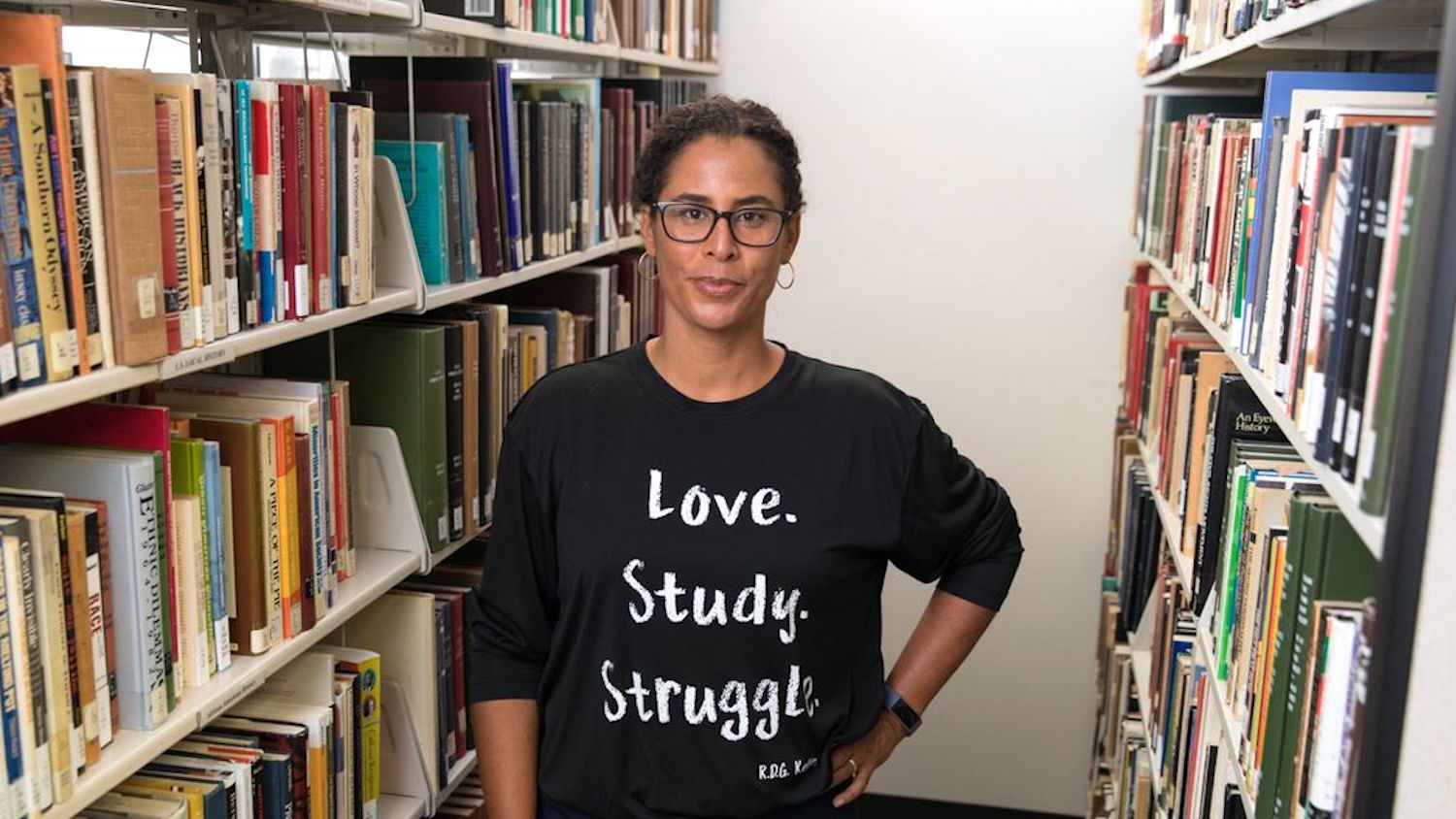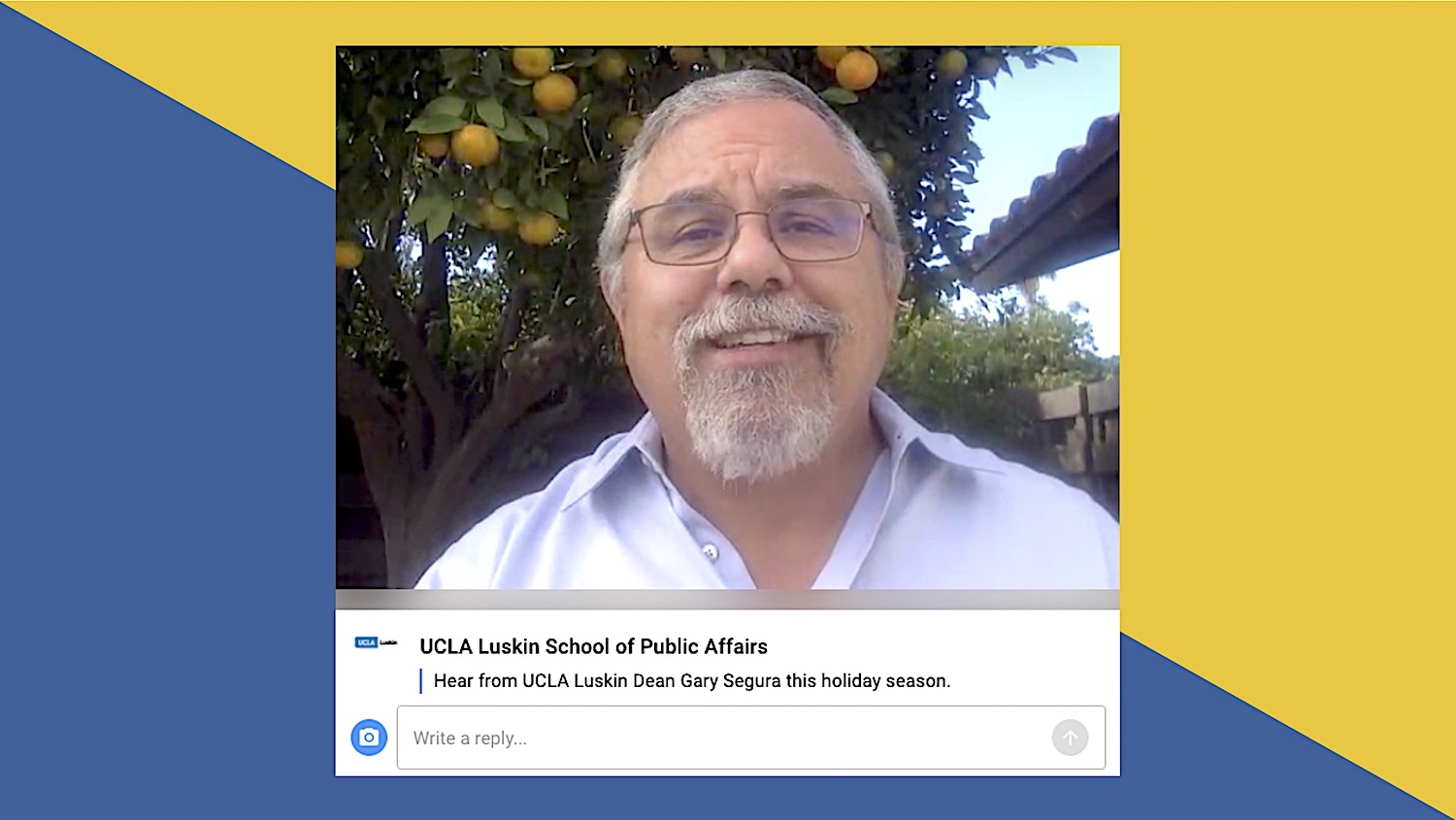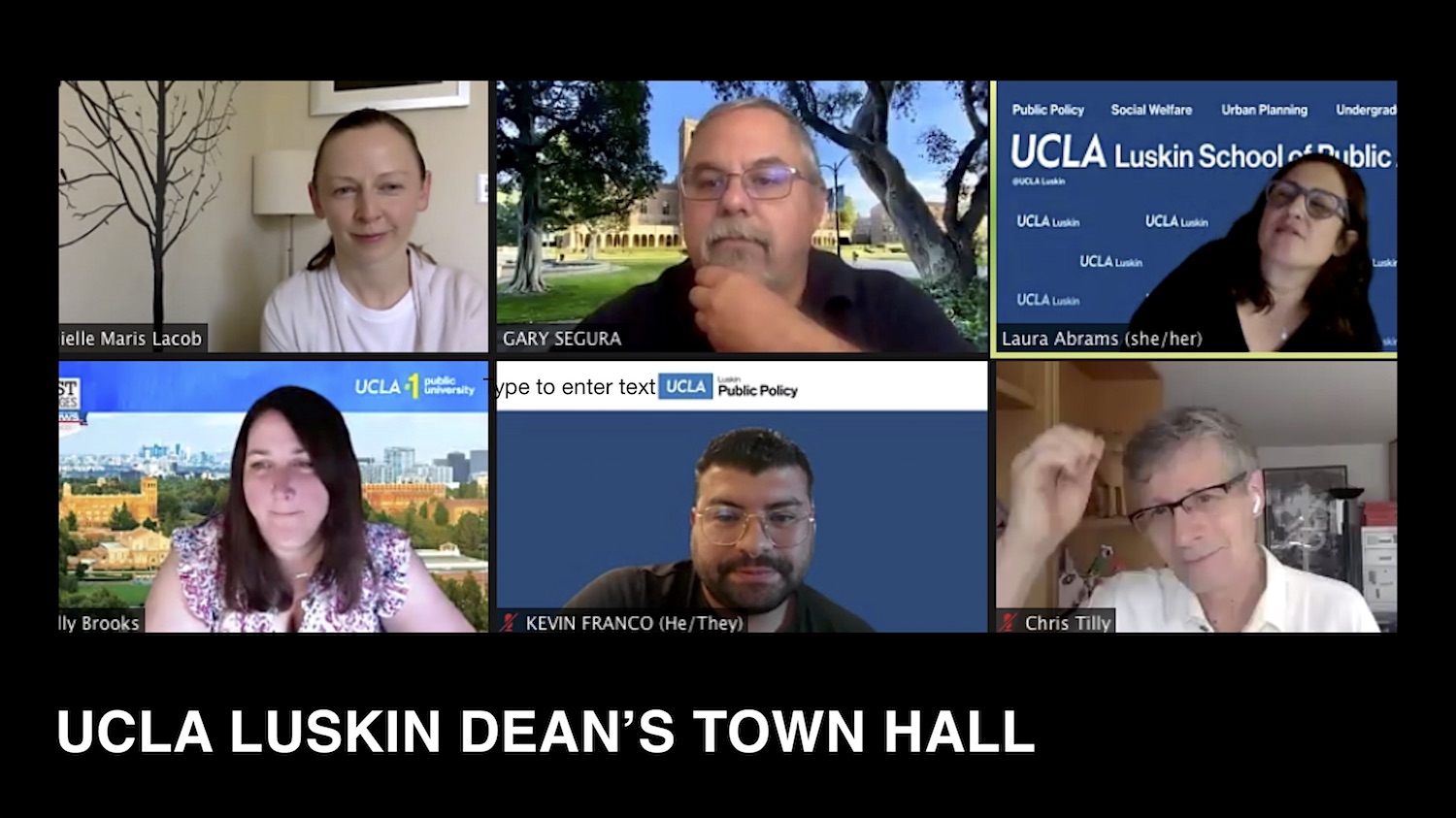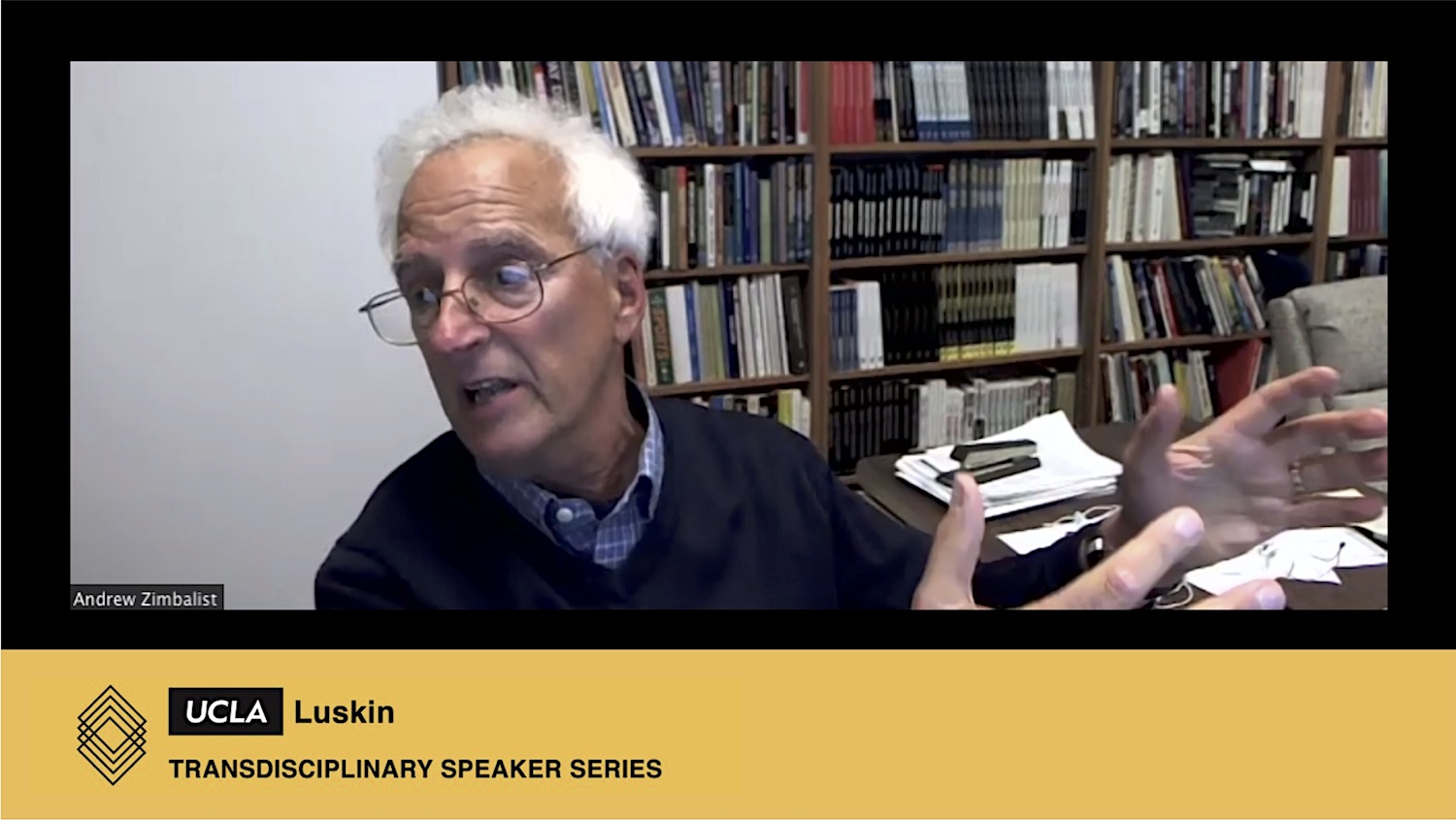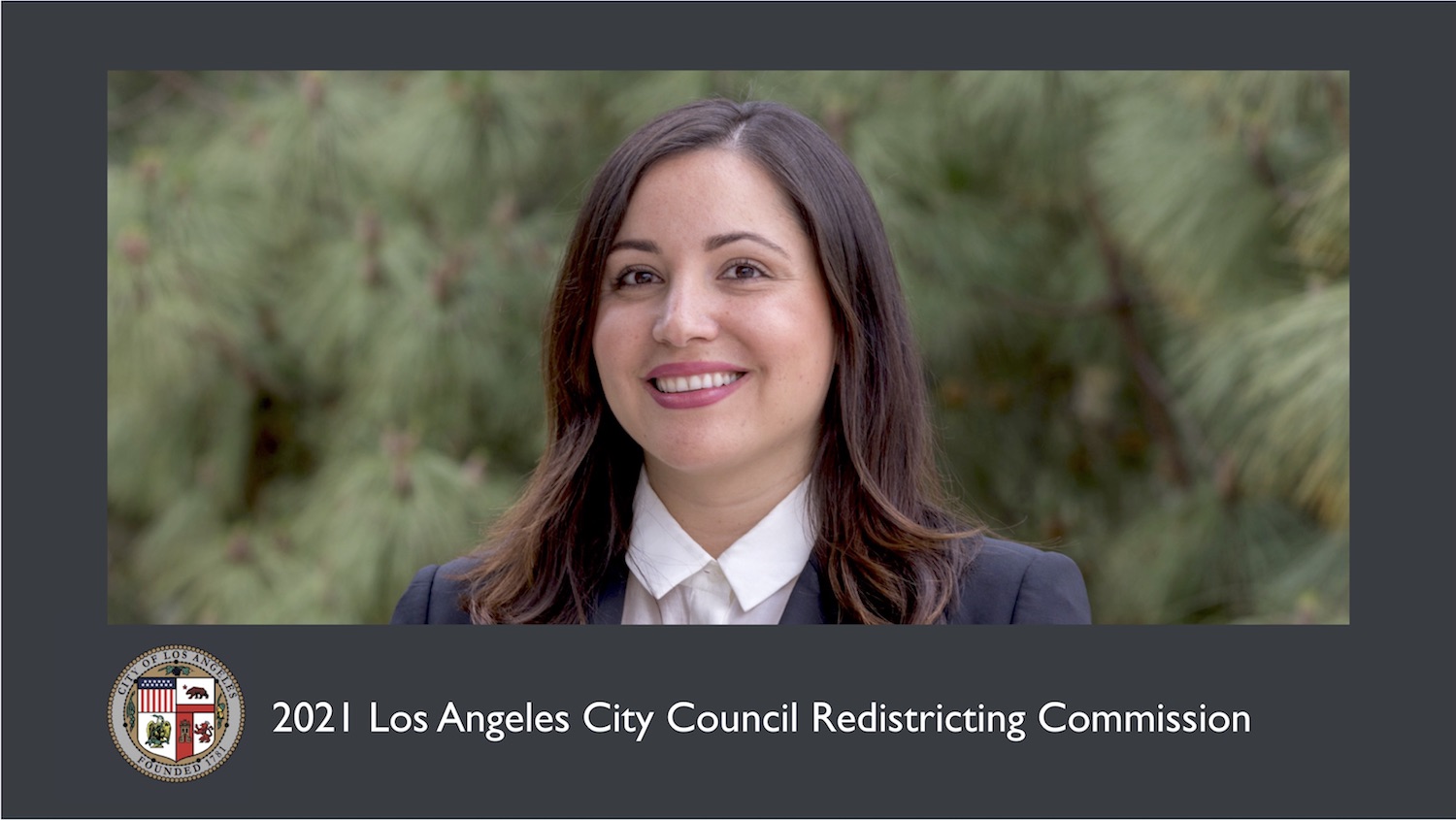Holloway Wins Grant to Study Cannabis Marketing to LGBTQ Youth
Ian Holloway, associate professor of social welfare, has received a grant of more than $400,000 from the California Bureau of Cannabis Control to advance his research into the impact of cannabis marketing targeting sexual and gender minority youth. The growing cannabis industry is aggressively pitching its products to lesbian, gay, bisexual and transgender youth through online and print media, Holloway said. His research will seek to measure the reach of that messaging and determine whether it leads to greater cannabis use among this group of young people. Filling these knowledge gaps could help explain cannabis-related health disparities among LGBTQ youth and identify targets for regulation of cannabis marketing, he said. Holloway is director of the Hub for Health Intervention, Policy and Practice at UCLA Luskin and a member of the Cannabis Research Initiative at the UCLA Semel Institute for Neuroscience and Human Behavior. He and Evan Krueger, a post-doctoral scholar at USC’s Health, Emotion & Addiction Laboratory, are principal investigators of the study. Their grant from the Bureau of Cannabis Control is a portion of nearly $30 million recently awarded to California universities to study the impact of Proposition 64, which legalized the recreational use of cannabis for people 21 or older. Across UCLA, faculty and research centers have been awarded $6.4 million from the bureau to study topics including the toxicity of inhaled and second-hand cannabis smoke and employment conditions in California’s cannabis industry. UCLA’s extended track record for cutting-edge cannabis research dates as far back as the 1970s.
Thanksgiving Wishes From Dean Segura
UCLA Luskin Dean Gary Segura shared a Thanksgiving message with the UCLA Luskin family, expressing gratitude for the students, alumni, benefactors, faculty and staff who have created an “intellectual and mission-driven community of which I am deeply, deeply proud.” View the message.
Dean’s Town Halls Offer Forum for Questions and Concerns
Dean Gary Segura hosted a trio of virtual town hall-style discussions this month, inviting students to discuss issues of concern. In the past, Segura held one session per year, but he has stepped up the frequency and split into separate sessions for the undergraduate, master’s and doctoral programs because of the challenges of pursuing higher education amid COVID-19. Segura was joined by department chairs and staff, who fielded a broad range of inquiries about remote learning, university finances, racial reconciliation and support for international students. Segura said the School has set aside additional funds to support students in need and noted that a number of faculty hires are in the works. Plans for graduation are taking place on two tracks, in-person and remote, depending on health restrictions, he said. Students shared their experiences with virtual instruction, weighing in on what works and what does not. They also learned about a national campaign in support of paid internships and discussed departmental efforts to update training and curriculum on issues of equity. Although quarterly town halls are planned, the dean stressed that students can offer input at any time. The coronavirus pandemic has required flexibility and forbearance. “It’s a very difficult time, there’s no question about that. People’s patience is starting to wear a little thin — but don’t let impatience put your health at risk,” Segura cautioned. “There is a light at the end of the tunnel, but you’ve got to hang on.”
A Blunt Assessment of Grand Olympic Promises
The notion that cities chosen to host the Olympics are guaranteed to reap a financial windfall for years to come is flatly untrue, according to noted U.S. economist Andrew Zimbalist, who has spent years scrutinizing the costs and benefits of major sporting events. Zimbalist dissected the extravagant promises and deep pitfalls of past Olympic experiences and handicapped Los Angeles’ chances of success in hosting the 2028 Summer Games at the Luskin School’s first Transdisciplinary Speaker Series event of the academic year. Host cities have been beset by cost overruns, environmental degradation and displacement of local populations, he said. And with fewer cities willing to bid for the Games, the International Olympic Committee has been forced to consider hosts with questionable human rights records. “It’s valuable to have the best athletes from around the world congregate in the Olympic Village and live together and model what peaceful co-existence looks like,” he said, “I just don’t like the way it’s organized now.” As for the upcoming L.A. Games, “Yes, there’s a risk, but I think it’s a safe risk,” said Zimbalist, an author and professor of economics at Smith College. Southern California is already home to major sports venues and other infrastructure, including a ready-made Olympic Village at the UCLA dormitories, which also accommodated athletes during the city’s 1984 Games. For the future, Zimbalist envisioned permanent Olympic venues — for summer, perhaps in the area between Olympia and Athens, Greece. “There’s no reason, either environmental or economic, to argue for rebuilding the Olympic Shangri-La in a new place every four years,” he said.
Diaz Appointed to Commission to Redraw City’s Electoral Map
Sonja Diaz, executive director of the Latino Policy and Politics Initiative at UCLA Luskin, has been appointed to the commission that will redraw Los Angeles City Council district boundaries to ensure that constituents are fairly represented. “As a fourth-generation Eastsider, I am humbled to serve the city as we seek to uphold diverse communities’ fundamental right to elect their candidates of choice,” said Diaz, a civil rights attorney with extensive experience in voter protection efforts. “I’ve focused my career on advancing equitable policy solutions, and redistricting is a critical component to ensuring front-line communities have leaders that will fight to keep them safe, housed and visible in the new decade.” As part of the redistricting process, which takes place every 10 years after the U.S. Census is completed, commissioners closely analyze demographic data and offer members of the public opportunities to weigh in. Their proposal for a new electoral map for Los Angeles must be submitted to the City Council by June 2021. Diaz was appointed to the commission by Councilman Kevin de León. “Sonja has long been an advocate for equity in Los Angeles, using her voice to protect the civil rights of countless Angelenos,” de León said. “As we redraw the invisible lines that unite our diverse districts into a cohesive city, Sonja’s leadership and deep knowledge of the Voting Rights Act will be critical to ensuring more equal and reflective representation … for the entire city of L.A.”

